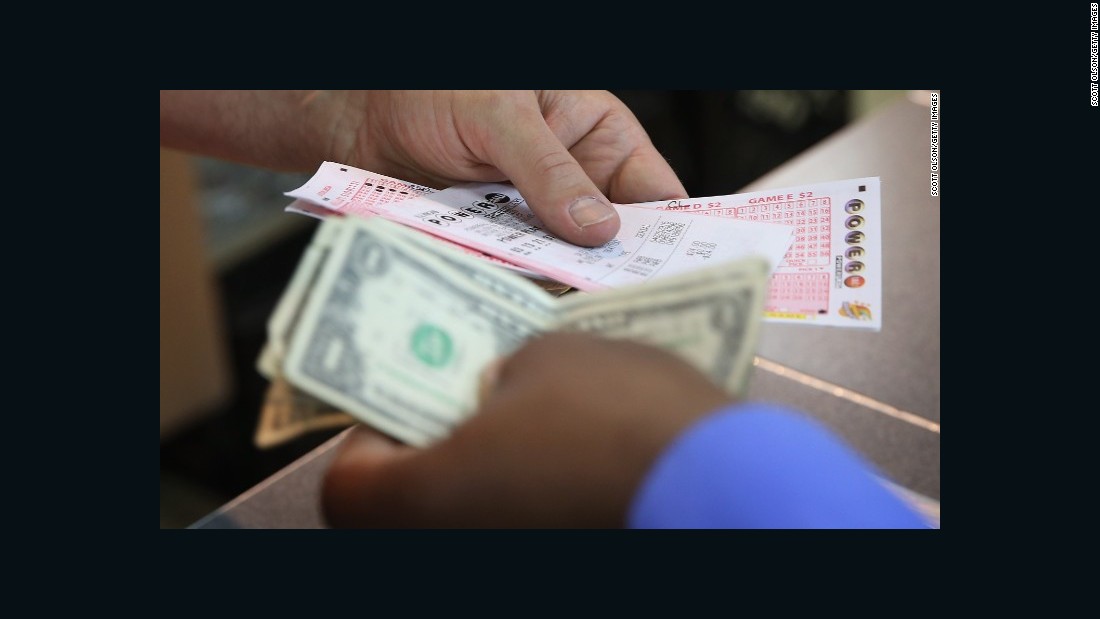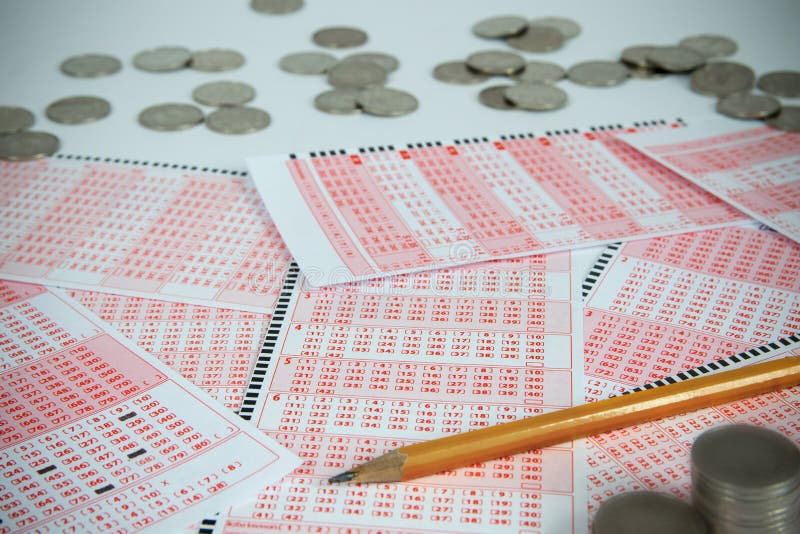

In fact, had a winning ticket not been purchased, the jackpot would have risen further, to a vertigo-inducing $2 billion. That’s how we got this week’s Mega Millions blockbuster, where each $2 ticket had an expected value of over $5. Repeat this enough times, and the ticket’s expected value may rise above its price.

These exceptions emerge because of a common rule by which big-jackpot lotteries sweeten the deal: if no one wins the jackpot in a given week, then it “rolls over” to the next week, resulting in an even bigger top prize. “Almost always”? Why “almost”? What state is dumb enough to sell lottery tickets whose average payout is more than their cost? In the long run, lottery tickets will almost always cost more than they’re worth. I’ll tell you what it isn’t: the financial benefit. What’s the precise attraction for the Gamer? Is it the gratification of victory, the adrenaline rush of uncertainty, the pleasant buzz of watching it all unfold? Well, it depends on each Gamer’s appetites. Gamers don’t see the new tickets as competing investment opportunities - which would lead to a corresponding drop in sales for old tickets - but as fresh amusements, like extra movies at the multiplex. They’re why, when states introduce new lottery games, overall sales rise. Poll Americans about why they buy lottery tickets, and half will say not “for the money” but “for the fun.” These are Gamers. Sure, it’s $0.30 less than the price you paid, but entertainment ain’t free, and the Gamer is happy to oblige. I prefer the phrase “long-run average”: It’s what you’d make per ticket if you kept playing this lottery over and over and over and over and over. I find that a funny name, because you shouldn’t “expect” any given ticket to pay out $0.70, any more than you would “expect” a family to have 1.8 children. Mathematicians call this the ticket’s expected value. Put another way: on average, these $1 tickets are worth about $0.70 each. which means that we have poured $300,000 directly into the coffers of the Massachusetts state government. Totaling up all of the prizes, our $1 million investment yields a return of roughly $700,000. Sifting through our stacks upon stacks of overstimulating paper, we’d expect the results to look something like this:Ībout 20 percent of our tickets are winners. And a 1-in-4 event will occur 250,000 times, give or take. A 1-in-100,000 event will occur roughly 10 times. In our million tickets, a one-in-a-million event will occur roughly once.

To get there, let’s imagine that we spent not a mere $1, but $1 million on these tickets. It’d be nice to estimate its value with a single number. Maybe $10,000 maybe $5 maybe (by which I mean “very probably”) nothing. What is this ticket worth? Well, we don’t know yet. On the back, you’ll find the following complicated odds of victory: Take the Massachusetts scratch game entitled $10,000 Bonus Cash, which costs $1 to play. 1) The Gamerīehold! It’s the Gamer, who buys lottery tickets for the same reason I buy croissants: not for sustenance but for pleasure. So come, join me, and let’s see who we meet in line for the lottery. Each year, roughly half of US adults play the lottery, for reasons as diverse as the players themselves.Īs we wait to see who collects on the winning ticket purchased in South Carolina, it’s a perfect time to investigate the mathematical and psychological appeal of turning your money into commodified chance. More than just a probabilistic game, it’s a psychological one. I spent last year writing a book ( Math with Bad Drawings: Illuminating the Ideas That Shape Our Reality) about the intersections between mathematical theory and everyday life, and found myself drawn to the lottery. Imagine a stamp collector’s joy if CNN launched into breathless coverage of a philatelic convention. Ordinary citizens, in broad daylight, could be heard talking combinatorics and expected value.Īs a math teacher, I find this thrilling.

In a flash, office water coolers became math seminars. The Mega Millions jackpot hit $1.5 billion this week: the second-largest lottery prize in the history of the world.


 0 kommentar(er)
0 kommentar(er)
